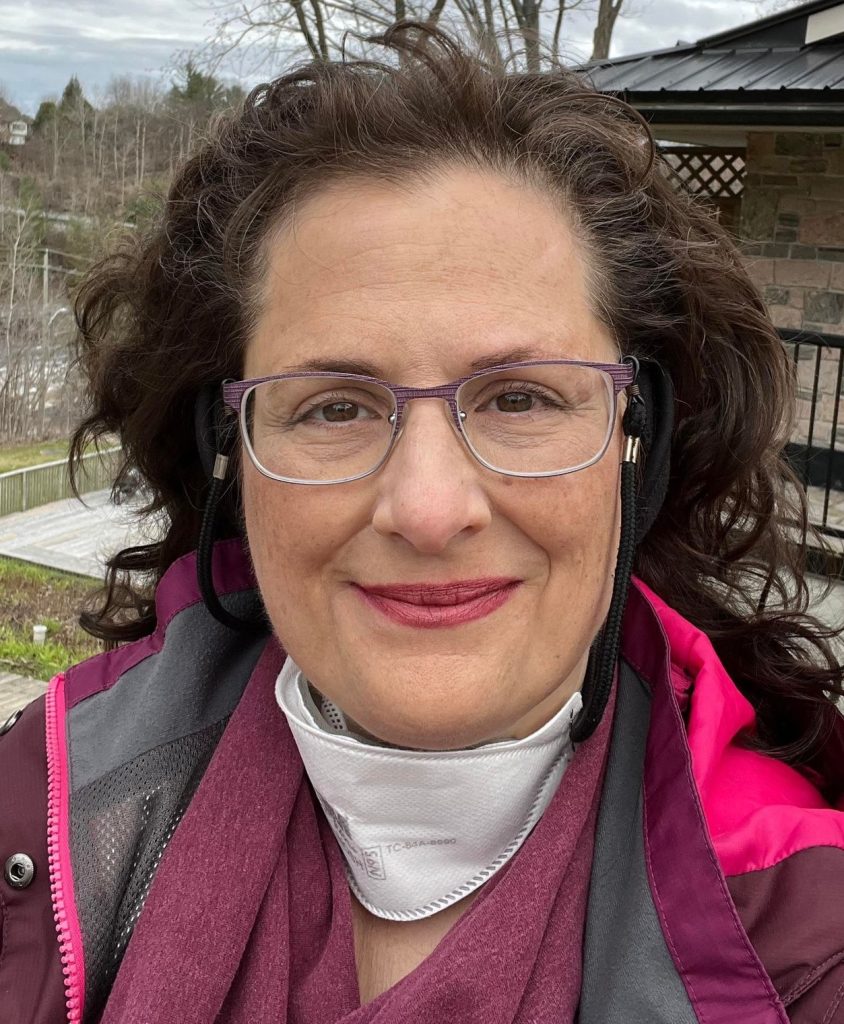
“As we approve of the evils of self-love we turn toward hell; as we banish them from ourselves we turn toward heaven.” – Emanuel Swedenborg, Divine Providence §215:8.
This is to those who are fluent in Swedenborgianese. My reflections: This rhetoric is externalizing and shaming. It teaches us to fear and shun (and avoid looking too closely at) our inner thoughts and feelings. But what if we understand “Love of self” to be the animal instinct to survive, and “Love of the world” to be the animal instinct to control all resources (so one feels safe from all threats).
Whenever we experience a threat, the animal impulses to eliminate that threat rise strong. These instincts gather creative ideas and rational arguments for why we are right to remove the threat. This happens at a deep emotional level. We rarely see this happening; we are simply bourn along by the urges to act; all the rationalizations and justifications seem completely true and reasonable to us.“Shunning” “love of self and the world” can be done by becoming increasingly aware of how easily we feel threatened. But that takes work. It is like learning to read an ultrasound. Over time, the inner feelings and reasonings become very easy to identify. But at first, our inner thoughts and feelings seem like an impenetrable mass – utterly confused and indistinguishable.
It is hard to begin. Add to this challenge any shame at possibly discovering that one is “selfish and worldly” (words which are emotionally loaded to mean bad and evil and intentional) and most of us experience a strong impulse to do anything but look inward. Only if we can see ourselves as innocent neutrals (driven by animal survival instincts until we are increasingly enlightened and conscious) then we don’t waste time on blame and shame. We become compassionate to our blind nature and work hard to understand and manage these animal instincts to keep them in their proper place – useful beginner tools for survival. Terrible masters. Shame and blame are driven by animal instinct. It is our way of trying to feel distant from the “evil.” We see it outside of ourselves and label it and thus feel safe from it. We feel like the work is done.
The work is not done until we see all the ways we embody the very things we are shaming outside of us. We must see this without shame and self-loathing. Shame doesn’t help. It is not shameful that we have an animal nature as default. It is how we are made. We are also made to develop the ability to stand aside and observe ourselves (without shame and blame, which just suck energy). As we develop this ability to see ourselves and what is going on in our inner life, we are increasingly able to choose better behaviors than our animal instincts demand.I am a racist because of my animal nature. This nature has a built-in setting to see new and different people as a threat. That was useful when people lived in tribes — when outsiders often could be a threat. Instead of feeling ashamed when I feel an impulse of avoidance or assumptions of lesser worth in an “other”, I remind myself that I know better. I am not a cavewoman. I want to see this other as a human of equal worth.
The feelings of aversion may linger, but I refuse to let them lead. For me, this is what “shunning love of self and the world” looks like. It is calm, compassionate, and patient. It isn’t scary. One never discovers that one is irredeemably “evil”. Our animal nature (proprium?) just is. We are not to blame, nor are we responsible for it. Dispassionate observance and compassion FOR ALL leave me free to see the racist instincts for what they are—outdated survival drives.
I am not ashamed that racism lives in me. It lives in everyone in our animal natures. Acknowledging it lets me be conscious of it when it arises, and lets me choose to act without racism (God willing.) Calling names, blaming and shaming, are a waste of time and a distraction from doing the real work. It may take a while to heal the self-loathing, but it is part of the work of loving others. “What goes around, comes around.” If you are cruel and judgmental to yourself, you are the same to others.
If you are cruel and judgmental of others, you are subjecting your own self to that cruelty and judgment. Are cruelty and judgment, othering and shaming others our best answer to our created nature? No. Those behavours are driven by the fearful animal in us all. We can do much better.

Alison Moore is the daughter of Marlyn Smith, former President of the Swedenborg Foundation. Ordained in 2009, she has served in the Kitchener church as an adjunct and in the church in Bath, Maine as pastor. Currently unassigned, Alison is pursuing counseling accreditation, wishing to stay in the Kitchener area to be near her children and grandchildren.
3bojy5